How Tony Bloom and Starlizard turned Brighton into a profit-making machine
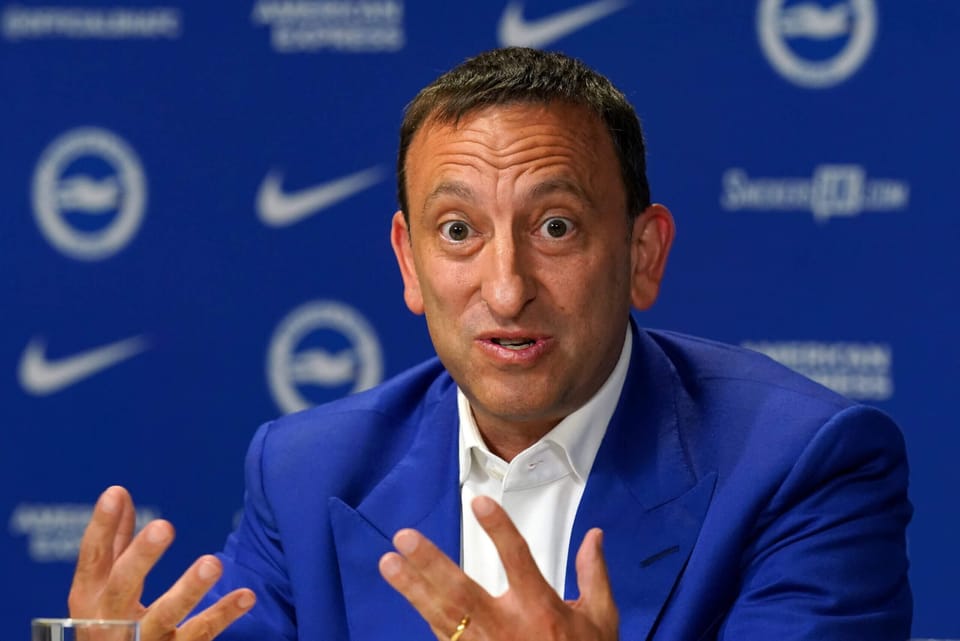
Premier League club Brighton & Hove Albion posted an after-tax profit of £122.8 million ($154.4 million) for the 2022-23 season on Tuesday.
But in the not-too-distant past, the typical Brighton & Hove Albion supporter's travel plans revolved more around arrangements to MK Dons than to Marseille.
But their recent foray into Europe marks the remarkable rise from Championship mainstays, to top-table Premier League titans.
Brighton & Hove Albion are now a force to be reckoned with, and with Roberto De Zerbi at the helm, their all-out attacking football has Premier League opposition scouts all over the land having to earn their keep.
But this success hasn't all happened by coincidence.
Brighton hasn't just simply made a couple of good decisions on the way to success, hiring the right managers, getting lucky with transfers, and having the results to keep them pressuring England's elite teams.
This has been by design.
Or more accurately, by data design.
It pays to be popular
Brighton officially have the most popular owner in the Premier League.
In a recent study by AceOdds, Tony Bloom receives the most positive online praise from fans than any other owner in the Premier League, cementing Bloom's strategy as fan-pleasing, as well as results-drive.
Top 5 most popular owners with fans, according to the AceOdds study:
1. Tony Bloom - Brighton - 80 per cent positive sentiment.
2. Sheikh Mansour - Man City - 80 per cent positive sentiment.
3. Matthew Benham - Brentford - 60 per cent positive sentiment.
4. Yasir Al-Rumayyan - Newcastle - 60 per cent positive sentiment.
5. Todd Boehly - Chelsea - 50 per cent positive sentiment
What is it that makes Tony Bloom so popular?
In the 2014/15 season, Brighton's destiny to reach the Premier League for the first time in their history took a devastating blow.
Former Liverpool and Finland defender Hyypia, 41, was appointed in June 2014, on a three-year deal, but won just six out of 26 games in charge.
Despite being relatively liked around the club, and by the fans, Hyypia so no choice but to reason 'for the benefit of the club'.
With work to do, Chris Hughton was appointed by Tony Bloom, and despite an impressive mid-season run, Brighton plummeted down the table.
The Seagulls were in free-fall, winning just 2 of their last 13 games.

Brighton eventually avoided the drop by 6 points, partly because Rotheram, Millwall, and Wigan, who were all in touching distance of safety, were equally as dismal in their final fixtures.
This was a wake-up call to the hierarchy.
The next season, Bloom's Brighton doubled down on their data-driven recruitment strategy and signed a multitude of relatively unknown players across Europe, who would go on to be pivotal to their success.
The following season, Brighton narrowly missed out on promotion via the play-offs.
The season after that (2016/17), Brighton secured automatic promotion to the Premier League, along with Newcastle United.
Tony Bloom, a shrewd businessman, who has been the club's owner since 2009, saw his long-term vision finally bear fruit.
But how did he do it?
How much luck has been involved?
Well, Bloom, is the founder of a data-driven sports betting firm called Starlizard.
And if you've never heard of Starlizard before, it's because there's not much really out there to hear.
They are one of many secretive betting "consultancy" firms, who operate in the lucrative market of applying advanced data modelling to make probabilistic predictions in sport and bet vast sums of money accordingly.
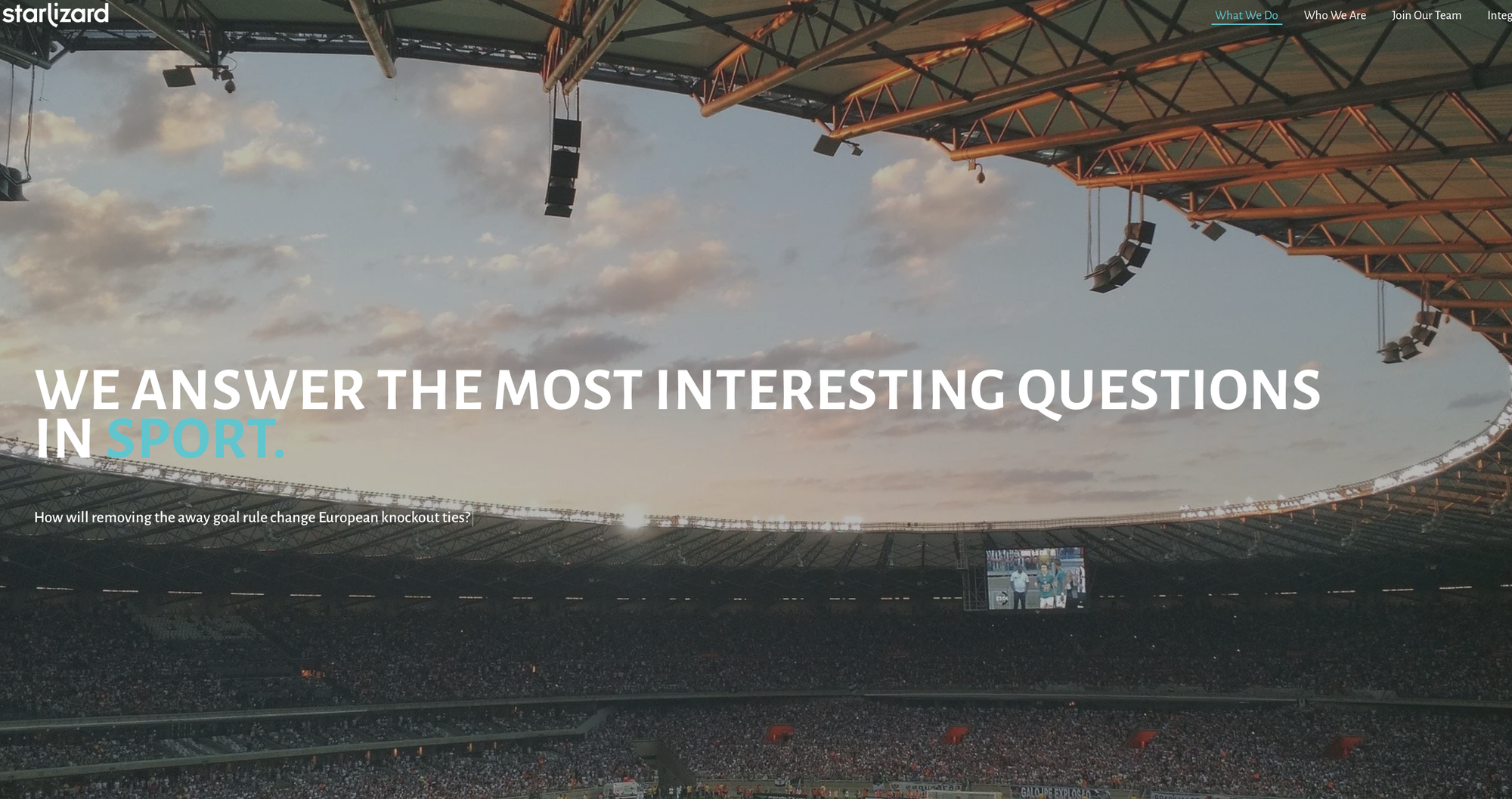
Now, if you're thinking 'That's not possible, house always wins', then it's time to think again.
We're not talking about you and your mates grouping to create a betting syndicate.
We're talking about a sophisticated machine-learning algorithm, that makes incredibly astute predictions.
And not necessarily on the things that you think, like which teams going to win a match, but rather like x team will win x number of throw-ins in the first half.

The algorithm then finds markets where this bet may be undervalued, so it scans the international betting platforms to find opportunities for money to be made.
Now, imagine, you can make 15 cents (or pence), from a €1 (or pound) bet that you're almost sure will pay off.
That might not sound like a small sum, but now imagine betting €1 million, and making €150,000 on every bet you make.
That's the kind of thing that Starlizard do, albeit way more sophisticatedly and en masse, across multiple sports and leagues internationally.
Why don't we know or hear more about Starlizard?
Trigger The Press has reached out to Starlizard for comment about their corporate operations and objectives, however, we are yet to receive an official response.
But what we do know, is that their financial details, such as annual profits, are not publicly disclosed due to the private nature of the company, but there is some information about its operations is available.
- Starlizard is a betting Consultancy:
Starlizard provides consultancy services to professional gamblers and syndicates, offering insights and recommendations based on advanced statistical models and data analysis. The company focuses primarily on football betting. - Data Analysis and Modeling:
Starlizard employs a team of analysts and experts in data modelling to assess football matches comprehensively. They use sophisticated algorithms and statistical models to evaluate various factors influencing the outcomes of matches, such as team performance, player statistics, and other relevant variables. - Decision Support:
The recommendations provided by Starlizard aim to guide betting decisions for their clients. These recommendations are based on the data-driven insights generated by their analytical team. - Secrecy and Privacy:
Starlizard is known for maintaining a high level of secrecy around its operations. The company doesn't disclose the specific details of its proprietary models, algorithms, or client base. This confidentiality is considered a crucial aspect of its success. - Success in the Industry:
While the exact profits and success rate of Starlizard's betting operations are not publicly available, the company is believed to have achieved significant success in the sports betting market. Its approach is considered innovative and has garnered attention within the industry.
It's important to note that the lack of detailed public information about Starlizard's financials and operations is intentional, as the company operates in a highly competitive and often secretive industry.
As such, details about annual profits and specific methodologies are closely guarded.
Why so secret?
Trigger The Press was able to speak to some past employees of Starlizard, albeit confidentially.
And whilst they didn't, or couldn't, disclose any information about the organisation due to contracts and NDAs, they did give some insights into Bloom's use of Startlizard tech at Brighton & Hove Albion.
Bloom allegedly deploys a commonly-used security practice known as "compartmentalisation."
It's a strategy where sensitive information is divided into separate compartments, and access is restricted based on a person's need to know.
This helps prevent unauthorised access to the "full scope" of classified or sensitive information, enhancing security.
Essentially, this means that even if you were hands-on in the code of Bloom's proprietary algorithm, you wouldn't know how the whole thing is built.
You'd only have information on the small part or feature that you are responsible for.
Now, if you're into the world of spies and National Secrets, you'll be all too familiar with this concept, but what does this have to do with Brighton?
What does Starlizard have to do with Brighton's success?
It's believed by many at the club, that the concept of compartmentalisation is also deployed at Brighton & Hove Albion.
It's also believed that this may be a contributing factor as to why, when people leave Brighton, they aren't able to perform at the same levels that they reached whilst at the club.
Take three examples: Dan Ashworth, Graham Potter, and Moises Caicedo.
Dan Ashworth
Dan Ashworth, who is on the verge of joining Manchester United as sporting director, was Brighton's sporting director between 2019 and 2022, when he left to join Newcastle.
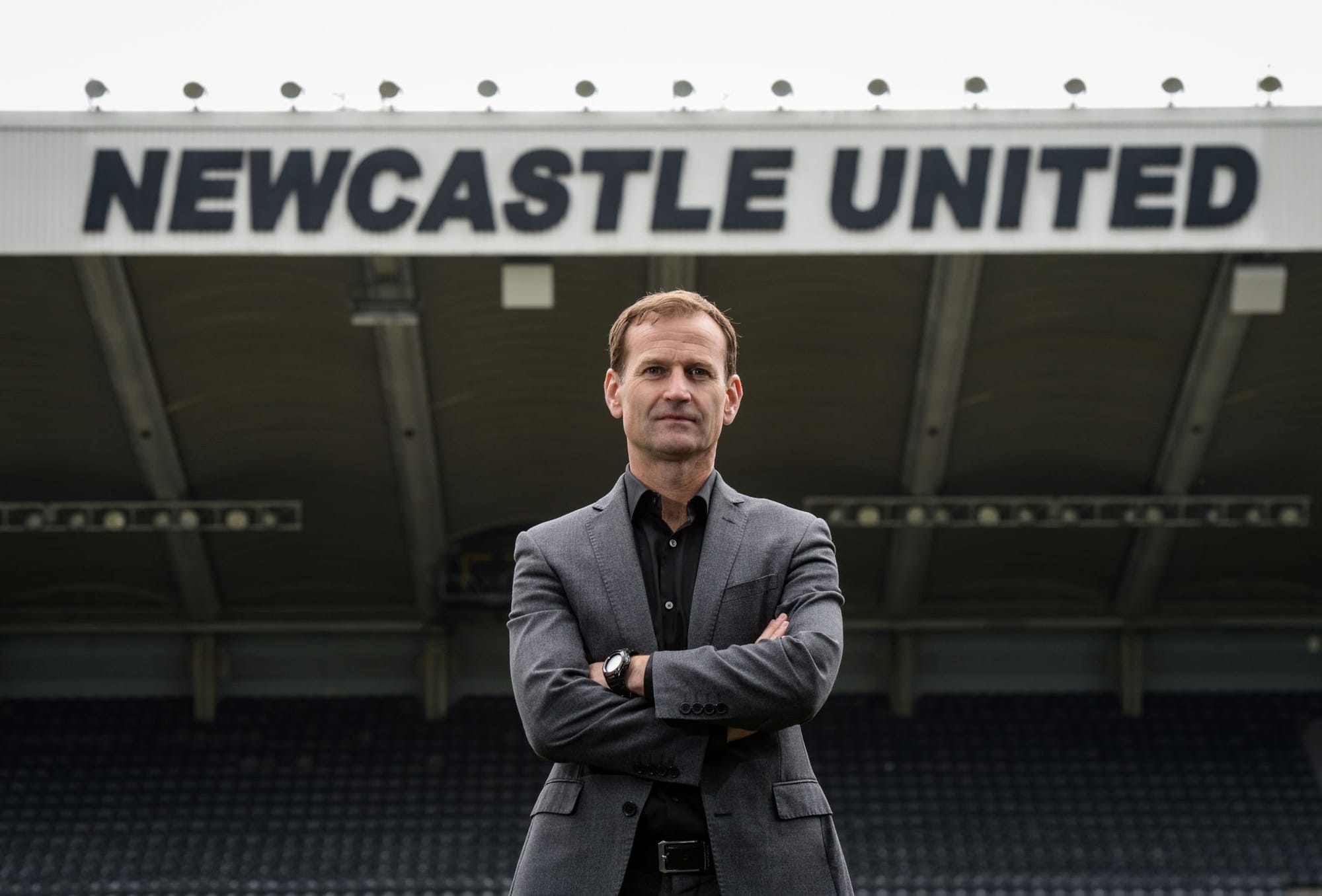
Since joining Newcastle, Dan Ashworth hasn't been able to line up a queue of South American wonderkids to push into the pipeline destined for Newcastle's first team.
Instead, Ashworth has worked in collaboration with Eddie Howe and Steve Nickson, Newcastle's Chief Scout, to identify potential talent that may fit their immediate requirements.
It's argued amongst fans that the few young prospects that Newcastle have signed, like Alex Murphy, Yankuba Minteh, Garang Kuol, Cathal Hefferman, and Alfie Harrison*, are yet to make a name for themselves and impress Eddie Howe.
*Alfie Harrison signed in January 2024
Now, whilst there were likely clauses in Ashworth's contract not to use proprietary information gathered whilst at Brighton to help him improve a competitor, it's believed that Ashworth only had a slice of the whole picture.
He played a more pivotal role in improving the quality of Brighton's scouting and negotiations, and it's suggested that most talent had already been identified with Bloom's proprietary technology, built by Starlizard.
Graham Potter

One of the more surprising examples of Bloom's compartmentalisation strategy in full swing is Graham Potter.
On September 8th 2022, Potter and his coaching staff, including members of the medical and physio department, departed for Chelsea F.C.
On 2 April, following a 2–0 loss to Aston Villa at Stamford Bridge, Potter was dismissed.
Potter had the lowest points-per-game return of any Chelsea manager at the time, managing 31 games, losing 11, and leaving Chelsea in 11th place in the Premier League.
It's argued that Potter, like Ashworth, relied heavily on the algorithms built by Bloom's Starlizard, which enabled Brighton to identify talent that had the potential to play in the Premier League, in a certain style, in a specific system, and to play in a role in said system that plays to their strengths.
We're oversimplifying a complex operation here, but you get the idea.
Moises Caicedo
Caicedo, who also left for Chelsea, may have also fallen victim to the smarts of Bloom.
Caicedo played in a system at Brighton that complemented his skillset and allowed him to function at an elite level.

But of course, the best players in the world can perform in any system, in a multitude of roles.
And whilst it's unfair to condemn a 22-year-old as a failure, it's clear that Caicedo has struggled to assert himself on Chelsea's system.
At Chelsea, Caicedo is playing in a team that functions completely differently from that of Brighton and is yet to adapt.
Onlookers can deduce that his tailor-made role at Brighton, allowed him to perform at a much higher level than he's able to reach at Chelsea.
But having made over €100 million on the Caicedo transfer, it was clear that Brighton's emphasis on analytics-led player recruitment was paying off.
But who was driving this internally within Brighton?
If you believe the reports, there is one name other than Bloom's.
A man by the name of Paul Winstanley.
Who is Paul Winstanley?
Paul Winstanley, a key figure in Brighton & Hove Albion's success story, has played a crucial role in shaping the club's approach to player recruitment.
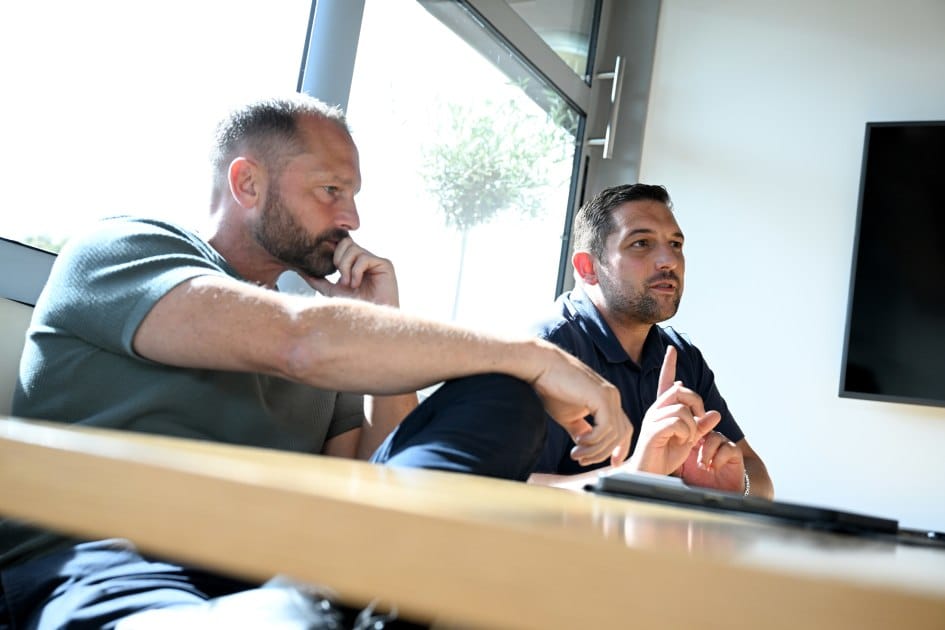
It has been suggested by others in the industry, that he is considered a pioneer of the modern-day approach to assembling a competitive squad without breaking the bank using data analytics.
Serving as the club's Head of Recruitment until he was poached by Chelsea in 2022, Winstanley has been instrumental in implementing a data-driven strategy that aligns with modern football's emphasis on utilising Bloom's and Starlizard's data analytics platforms.
His keen eye for talent, coupled with a deep understanding of statistical analysis, has allowed Brighton to identify promising players efficiently and cost-effectively.
Under Winstanley's guidance, the Seagulls have been able to assemble a competitive squad, showcasing the importance of a nuanced and forward-thinking recruitment process in the highly competitive landscape of the Premier League.
Winstanley's impact extends beyond the statistical realm, as he collaborates with the coaching staff to ensure that potential signings align with the team's playing style and philosophy.
This holistic approach to player recruitment has not only bolstered the club's on-field performance but has also contributed significantly to its financial sustainability.
Paul Winstanley stands as a testament to the evolving role of data and analytics in football, illustrating how a strategic and comprehensive recruitment strategy can be a game-changer for clubs aspiring to thrive in elite competitions like the Premier League.
Off the pitch, Brighton's commercial success under Bloom's leadership played a crucial role in achieving financial stability.
Strategic partnerships and sponsorship deals bolstered the club's revenue streams, allowing for sustainable growth in an increasingly competitive Premier League environment.
The Seagulls' commitment to their community was exemplified by initiatives like Albion in the Community, the club's charitable arm, which not only strengthened ties with the local community but also contributed to Brighton's positive image on a broader scale.
Brighton & Hove Albion's journey from lower-league struggles to Premier League stability under Tony Bloom is a testament to astute financial management, strategic investments, and a commitment to community engagement.
The combination of a visionary owner, key figures in player recruitment, and a prudent approach to finances has transformed the Seagulls into a financially sustainable force in English football.
If you want more in-depth football analysis and exclusive newsletters like this, consider becoming a part of our growing community of cultured football fans with our free and paid memberships.
Your support is vital to our ability to grow and improve our independent football newsroom.
Read more Brighton stories:
- Brighton's most expensive signings of all time [ranked]
- Brighton are leading the race to sign Bilal El Khannouss from Genk
- Best away pubs in Brighton and things to do: A city guide

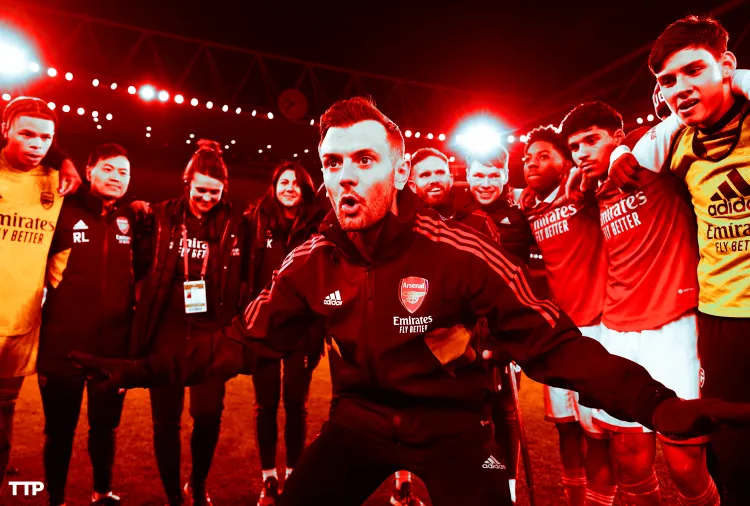
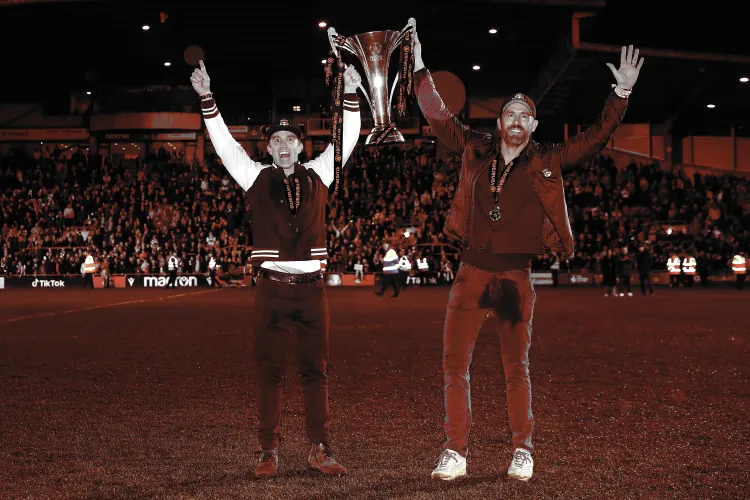

Comments ()